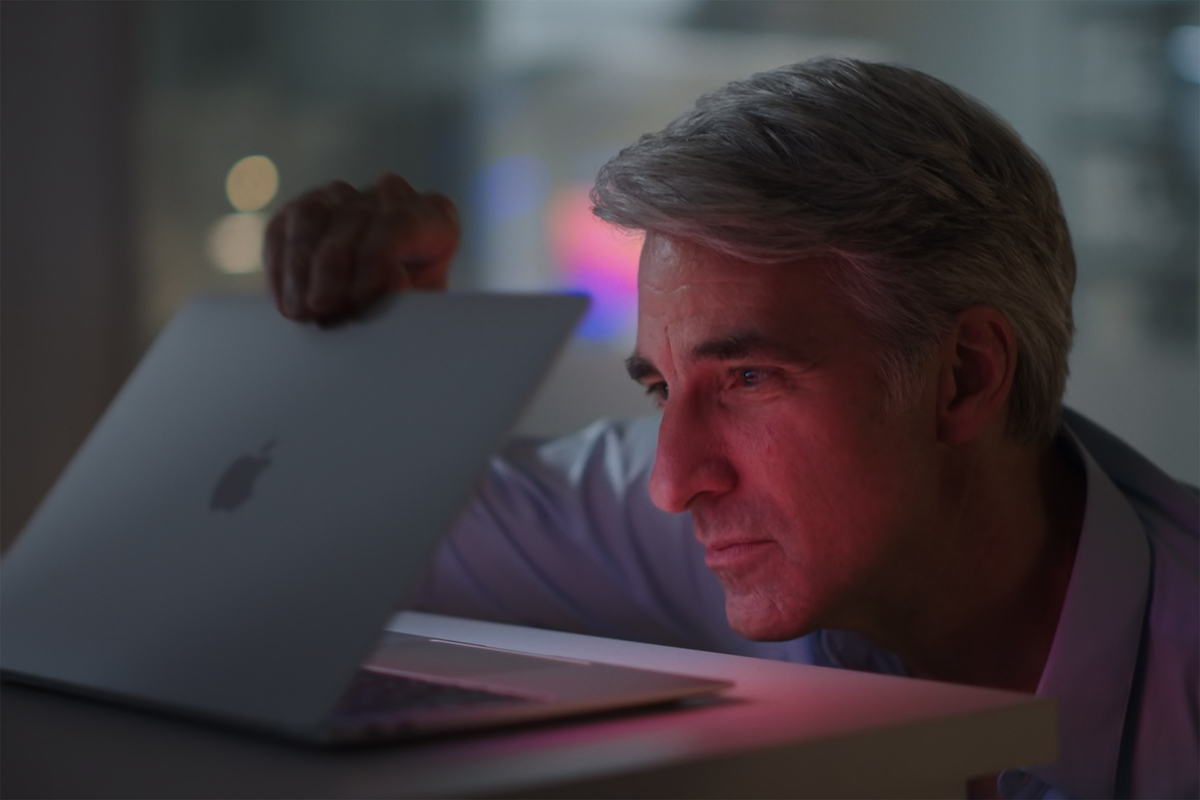
Apple’s Mac pc security warning implies that closed beats open

Apple’s software engineering chief Craig Federighi recently told all of us that Macs aren’t yet as protected as iOS devices, but does this mean Macintosh users have to worry?
What Federighi stated
Apple’s software business lead was appearing within the interminable Epic v Apple demo (which today involves Apple company CEO Tim Make using the stand ). Federighi was arguing that by maintaining a controlled third-party app atmosphere on iOS highly, Apple has had the opportunity to create an secure system extremely.
But it’s what he previously to state concerning Mac safety that generated consternation. “iOS has generated an increased bar for customer defense dramatically,” he mentioned. “The Mac isn’t meeting that bar nowadays.”
Federighi observed that the known degree of malware on the Mac pc is something the business sees as “unacceptable,” warning that when iOS worked similarly its security will be deeply compromised.
Given that a lot more than 1 billion individuals use iOS, any type of decline in security safety will be a bad thing pretty, for government particularly, enterprise, and health care providers – a lot of whom have coalesced about iPhones, macs and iPads.
What Federighi indicates
The comments generated a raft of headlines suggesting Apple doesn’t think its Macs are secure, which isn’t what Federighi was saying at all. The level of the Macintosh malware challenge keeps growing fast; Federighi informed the courtroom that 130 different components of Mac pc malware have affected a lot more than 300,000 systems.
That’s borne out there by third-party analysis. The Malwarebytes 2020 Condition of Malware Record claimed to possess identified 30 million types of Mac malware. A recently available Atlas VPN investigation claimed 670,273 brand-new malware samples were determined in 2020 in comparison to 56,556 in 2019.
Apple takes steps, needless to say. Its more restrictive concerning the sources users will get and install programs. Macs are designed to prioritize good consumer experiences also, like the provision of the curated App Shop. The company’s Gatekeeper software program furthermore helps maintain Macs secure. The result? New customers are less inclined to make security errors because the system is established to minimize factors to do so.
Yet, the level of the threat keeps growing and, as every protection related article We’ve written or study warns now, the most insecure stage in any technology may be the user.
What goes on next?
Federighi describes the existing security environment to be like a video game of “whack a mole,” with new threats quick springing up. That’s not system unique, needless to say – because the invention of processing, it’s driven OS programmers to continue to build up security protection.
If you ask me, Federighi’s comments recommend only that Apple company has ambitions to help make the Mac better, and that it’s considering iOS security being an inspiration for doing this. This helps it be inevitable that Apple company shall continue steadily to place additional limitations on the sideloading of apps on Macs, something I believe has been around the cards since Macintosh Operating system X Lion .
While I don’t believe the business intends to create it impossible to set up software from sources beyond your App Store, It could be seen by me building multiple layers of authorization to improve user awareness of risk of security.
The evolution of the Mac pc is prompting third-party innovation around security also, such as for example NXLog’s introduction of an instrument to allow it admins aggregate safety logs from throughout their Mac fleet. It’s generating acquisitions and mergers, too: leading Apple-in-the-enterprise business, Jamf, lately added zero-trust Mac protection with a shrewd acquisition , for instance.
Later on, it’s plausible to anticipate on-device model intelligence on a system basis being used to recognize anomalous traffic usually symptomatic of an attack, for instance.
Beyond the news
However, as the optics of Federighi’s admission seem poor, particularly to headline authors who’ve been seeking a genuine solution to deny the innate safety of Apple’s platforms for many years, he’s just stating an incontrovertible reality: Locked-down platforms tend to be more secure.
That Apple thinks malware on Macs is “unacceptable” is merely yet another argument contrary to the popular myth that whenever it comes to os’s, “open up beats closed.” It doesn’t, because the sheer level of malware in the Android system proves.
It’s also a good unspoken warning that when nation-states and legal techniques require platform security end up being compromised, then your subsequent wave of malware and ransomware episodes can make the Colonial Pipeline strike appear to be a day visit to Disneyworld.
Only hackers and the ones with the ethics of hackers reap the benefits of reduced platform security – properly, them and a little handful of additional “entrepreneurs” (cf: ” privacy “).
Please stick to me on Twitter , or sign up for me in the AppleHolic’s bar & grill and Apple company Discussions groupings on MeWe.
